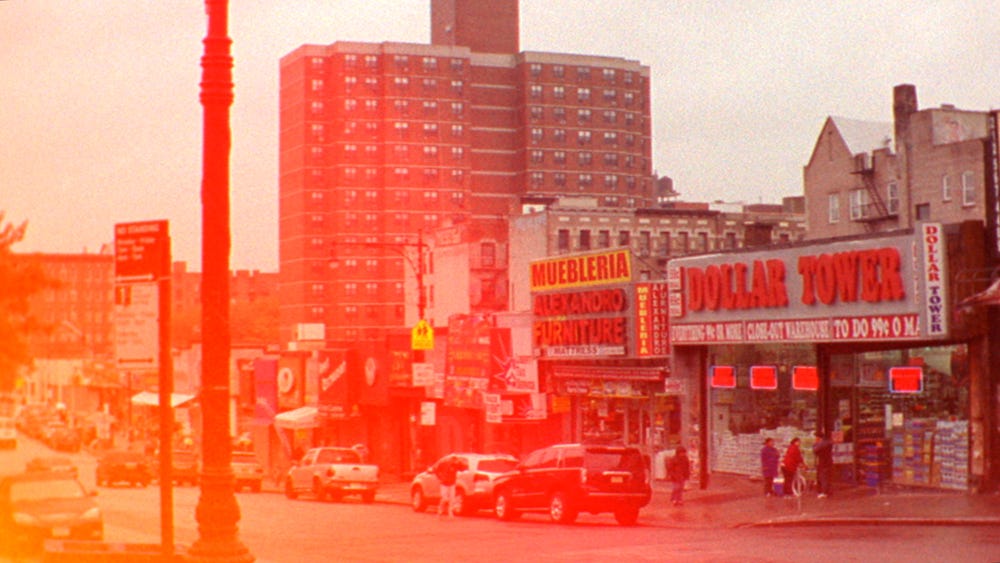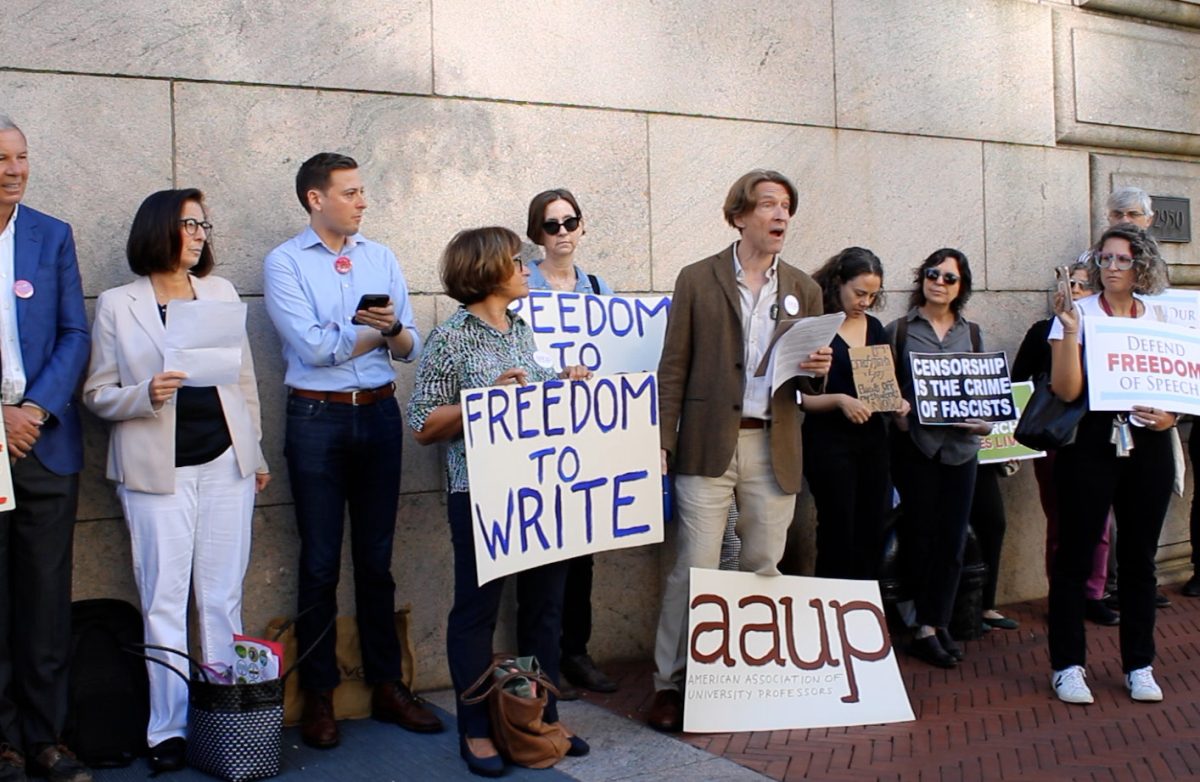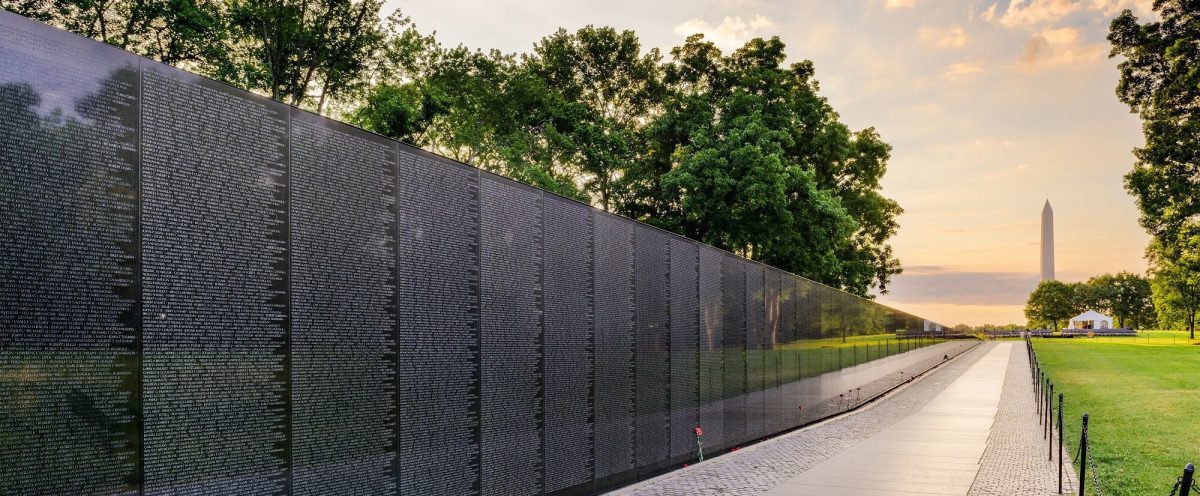
On Dec. 3, Hamilton will host filmmaker Tomonari Nishikawa for its last F.I.L.M. event of the semester. F.I.L.M events, coordinated by Scott Macdonald, feature films created by well-known directors that create food for thought and bring specific topics and issues to the forefront in hopes of further discussion outside of the auditorium. This Sunday, F.I.L.M will showcase a compilation of work filmed by Nishikawa that highlights his experience in and appreciation for film, as well as the technicalities involved in creating content and his interest in the apparatus of film.
Nishikawa’s films are short in length, and focus on his own surroundings and environment. Shot in the U.S., Thailand, and Japan, Nishikawa uses candid occurrences and phenomena in both nature and urban areas to capture the undisturbed everyday routine of environments such as New York City, San Francisco, Thailand, and Tokyo. While his films depict his own environment, Nishikawa also likes to focus the viewer’s attention on the actual process of filming footage, which is evident in many of his pieces. Nishikawa’s main goal is to highlight materials, medium, techniques, and equipment used in film.
Apollo
, created in 2003, set in both the U.S. and Japan, and filmed in black and white, is Nishikawa’s first showcased short film that he directed as his senior thesis project at Binghamton University.
Apollo
is comprised of black and white images flashed across the screen at a rapid rate and was created to display both Nishikawa’s talent in and appreciation for film. His most recent film
Ten Mornings, Ten Evenings and One Horizon
, shot in 2016 in Japan, features bridges along the Yahagi River — a river near where Nishikawa used to live when he resided in Japan.
Ten Mornings, Ten Evenings and One Horizon
is comprised of different shots of multiple bridges at both morning and evening. The film was exposed in a specific way to give the viewer a sense of the sun rising and setting in the horizon. Each film directed uses a different location, concept, and type of film to create a truly unique viewing experience each time.
Nishikawa’s work has been screened at multiple film festivals in Edinburgh, Hong Kong, Rotterdam, London, New York, Singapore, and Toronto. His work has also been on display in many art galleries around the world, and Nishikawa’s film installation,
Building 945
, at the MoMA Contemporary Art Center received the 2008 Grant Award from the Museum of Contemporary Cinema in Spain. He served as a juror for the 2010 Ann Arbor Film Festival, the 2012 Big Muddy Film Festival, and the 2013 Dresdner Schmalfilmtage — a competitive film festival hosted in Germany. Nishikawa is also a co-founder of KLEX: Kuala Lumpur Experimental Film and Video Festival, and Transient Visions: Festival of the Moving Image. Nishikawa currently resides in the U.S., as he travels the country showcasing his work. He also teaches in the Cinema Department at Binghamton University.
Tomonari Nishikawa’s work will be screened in the Bradford Auditorium at 2 p.m. on Sun. Dec. 3.

















